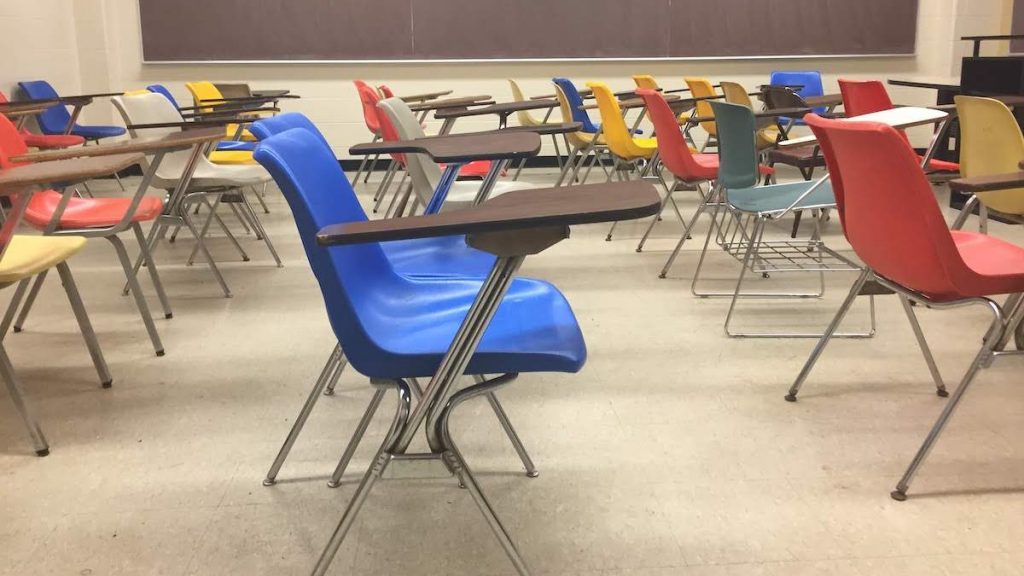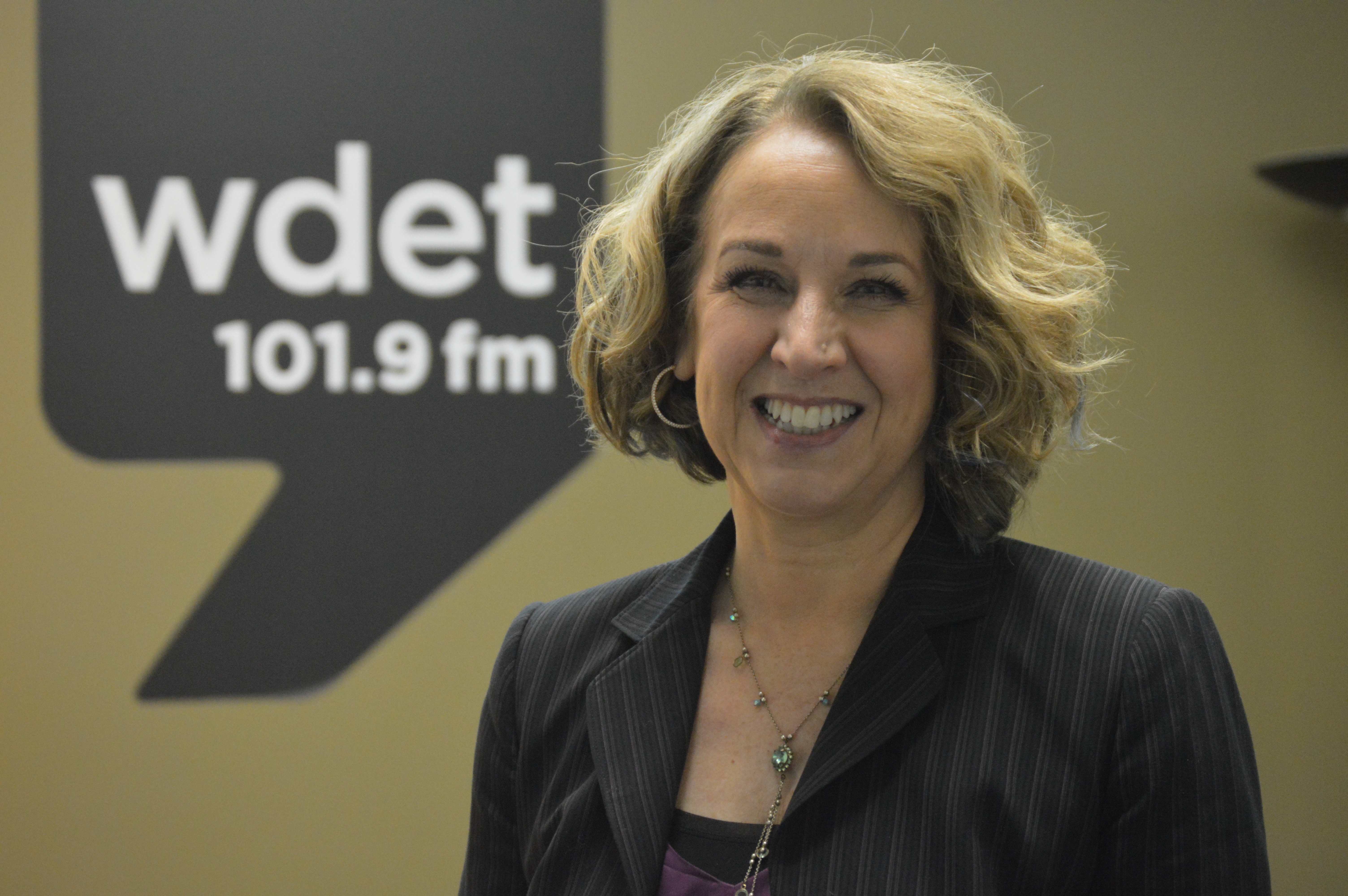Betsy DeVos, School Funding and Right to Literacy Are Flash Points in 2020
“We need equitable funding”, says UM Education School Dean Elizabeth Moje on state’s current investment in schools

With the forthcoming elections, 2020 is certain to be a year filled with policy proposals and political debate.
Detroit Today with Stephen Henderson is here to help decipher the key terms from the political jargon. In our new series, “Defining 2020,” Stephen will talk to experts about what you need to know to have an educated conversation about politics.
Defining 2020: The Terms, Policies and Politics You Need to Know

Dr. Elizabeth Moje, Dean of the School of Education at the University of Michigan, joins Stephen Henderson to talk all things education. She lends her expertise to our discussion on school choice, Title I funding, and Michigan’s third grade reading retention law.
Click the player above her hear more from Dean Elizabeth Moje on education policy and outcomes, and read the definitions below.
School Choice
The idea of choice has really blossomed in last 20 years, says Dean Moje. A hot topic in particular, propelled by Betsey DeVos’ appointment to Secretary of Education, is the issue of charter schools.
Her advocacy for school choice, specifically unregulated choice, has proved divisive. Dean Moje says a public charter is a school funded through public dollars that are chartered by a private agency. The notion of choice is not inherently bad, says Dr. Moje. She insists intentions behind choice and consequences are not always the same. The important thing to consider is how choice is carried out and insuring everyone has equal opportunity to choose.
Title I School Law
Title I school funding made headlines recently when Democratic presidential hopeful and former Vice President Joe Biden boldly committed to tripling the country’s investment in these schools should he become president.
So what are Title I schools? Dean Moje says Title I schools are institutions with students that fall below testing levels as well as students from low-income families. These schools receive distinct grant money from the government. School funding, as it pertains to Michigan specifically, is something in need of reform, according to Dr. Moje. She says instead of focusing on equalizing funding across the state, schools with more challenges should get more money, creating an equitable playing field.
Michigan Third Grade Reading Law
Michigan’s third grade retention law is really complicated, admits Dr. Moje. She says this is once again a case of intentions being different than outcomes. The law states that students who fall a grade or more behind in reading may repeat the third grade. The law’s intention is to encourage early intervention in reading development, but the question is, do schools have the resources to achieve this?, says Dr. Moje. Critics of the law are concerned that an inordinate amount students will be held back in the third grade, stressing families as well as schools.
